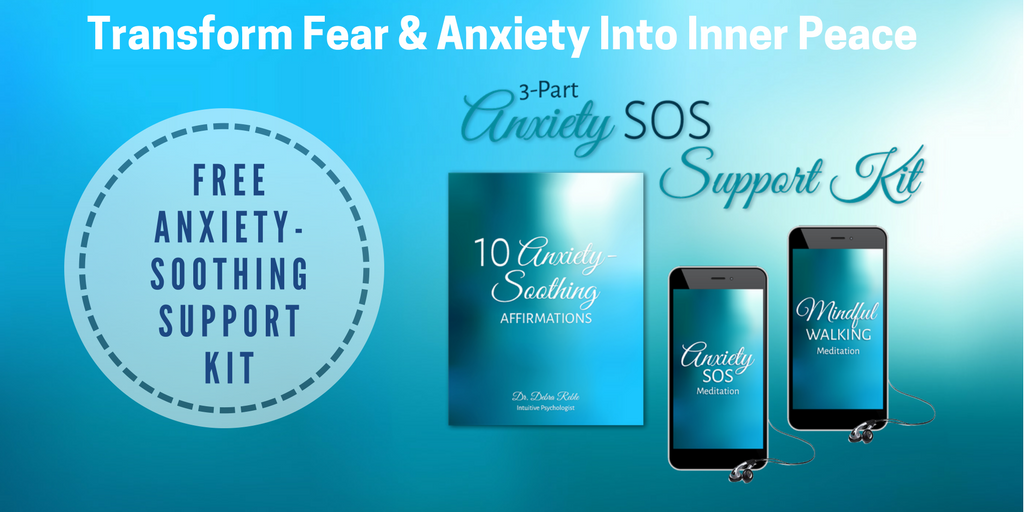 “Love is not something that just happens to you: it is a certain special way of being alive.” ~ Thomas Merton
“Love is not something that just happens to you: it is a certain special way of being alive.” ~ Thomas Merton
In cultivating lightheartedness, we ensure our capacity to create and sustain joy, find peace in times of turmoil, and respond rather than react to life’s challenges. When we exhibit the qualities of lightheartedness—such as playfulness, humor, flexibility, and spontaneity—our lives seem brighter, and we increase our desire and ability to uplift the lives of others. This occurs because these ebullient qualities are expressions of a soul-hearted life.
Children are our best teachers for cultivating love and lightheartedness because they infuse their daily lives with it. When we observe children at play, openhearted and present, we see them as conduits of love, delighting in the beauty of life. We, too, knew lightheartedness as children, especially when we splashed in puddles after a warm rain, chased fireflies on warm summer evenings, or built forts or fairy altars in our backyards. We paid attention to the ordinary which made life extraordinary. We immersed ourselves in experiences that made our hearts sing.
Unfortunately, as adults we are more inhibited about expressing ourselves freely, sensing that society frowns upon adults being spontaneous and playful. We fear that if we follow our hearts and express our free-spirited natures we will be seen as irresponsible or immature. It is hard to move past limiting beliefs such as “There’s too much work to do, and no time for play,” “Playing is a waste of time and unproductive,” or “Play is only for children.” Such negative beliefs squelch our spirits and suck the life-force energy out of us. As a result, many of us have lost our sense of life as a mysterious adventure to be embraced and enjoyed.
Playfulness is essential to cultivating lightheartedness. Being playful naturally liberates the mind, opens the heart, and lifts the spirit. In this state of pure being, we feel free to channel our energies to expand beyond any limitation.
As adults, it is important to take time to simply play, have fun, and celebrate being. We can do this with ourselves, our partner, family, or friends. Engaging in playtime is challenging in a culture that values doing over being and productivity over creativity. In our society, it’s easy to believe that we are connecting with our partner while doing the laundry, or bonding with our children while driving them to soccer practice. Yet our obsessive focus on doing rather than being short circuits valuable energy and keeps us running in circles on the track of life. Only by becoming more present can we restore the balance of energies needed to sustain our relationships, deepen intimacy, and live in the flow of love. While engrossed in creative play, we feel connected, distractions disappear, and we live in the moment. Stringing together such moments of present-oriented experiences brings joy and inspiration.
Lightheartedness is also crucial in healing. Research shows that laughter lowers blood pressure, increases vascular blood flow, and reduces stress, which, in turn, reduces anxiety and depression. In fact, Norman Cousins, adjunct professor and researcher at UCLA, documented in Anatomy of an Illness, the healing power of laughter. Told that he had little chance of surviving a fatal disease, Cousins developed a healing program that focused on a positive perspective, love, faith, hope, and laughter. He discovered that even ten minutes of genuine belly laughter had a healing effect on his body. Most importantly, when we laugh with others, we share a sense of connectedness that likewise assists in healing as well.
Laughter that assists us in communing with others in a soul-hearted way is what I call soul laughter. Soul laughter lets us share our vulnerabilities with others and communicates our loving presence without spoken words. Such soul giggles strengthen our connection to others.
Cultivating lightheartedness through laughter and play also assists us in obtaining a more buoyant perspective on our lives, and teaches us to assess situations with healthy detachment. Nearly every experience we have, no matter how trivial—an impatient driver who cuts us off in traffic, an irritable salesperson at the checkout, or a downpour that drenches us to the bone—can be viewed as humorous, as well as an opportunity to discover more about ourselves.
Cultivating lightheartedness requires flexibility. It takes letting go of our ego, expectations, or reservations, and embracing the sense that nothing is more important than the present moment. It encourages responding rather than reacting, and inspires an instantaneous recognition of the silliness of many situations.
We can discover our capacity for playfulness and connect with our childlike nature by letting go of any thoughts that interfere with our ability to be flexible and fully enjoy life’s wonders. We can dance spontaneously when we hear music at the grocery store, giggle when we get drenched in the rain, or sing aloud while listening to our music. Instead of tackling household tasks in earnest, we can boogie while washing the car, sing our favorite songs while doing the dishes, and experiment with a recipe while cooking. We can take pleasure in the simple things in life that make our hearts sing, and invite others to join in as we go barefoot in the grass or float in a pool of water. We can also seek out new activities that make us laugh and play with joyful abandon while broadening our perspective on wonder. Our lives will evolve miraculously when we are able to cultivate lightheartedness sufficiently to embrace the philosophy of “let’s see what happens.”
Cultivating lightheartedness involves a willingness to participate in life fully and fearlessly while realizing our soul potential, looking for and expecting nothing while inviting in everything. Through cultivating a lightness of heart, we heal, connect, and love.

